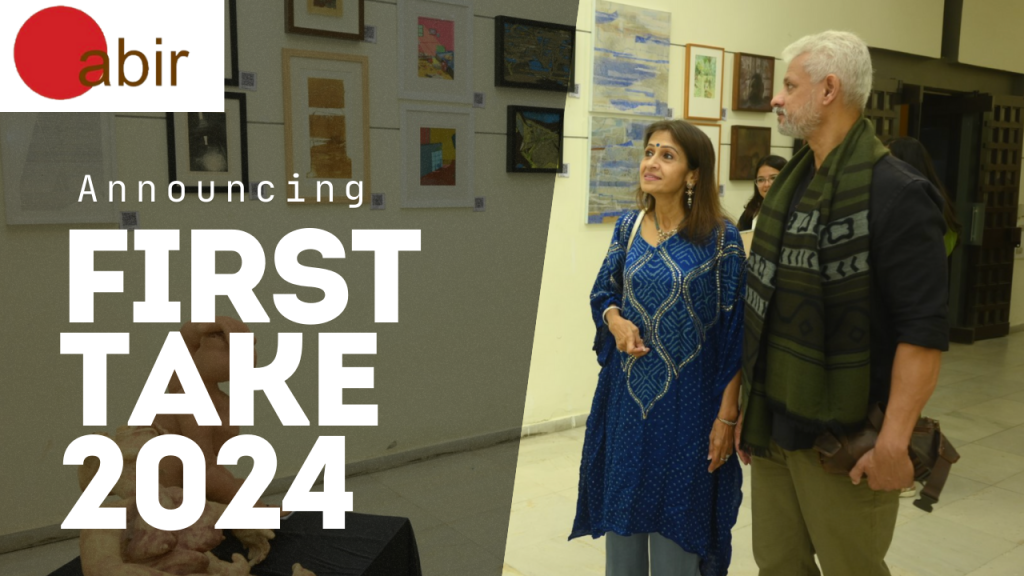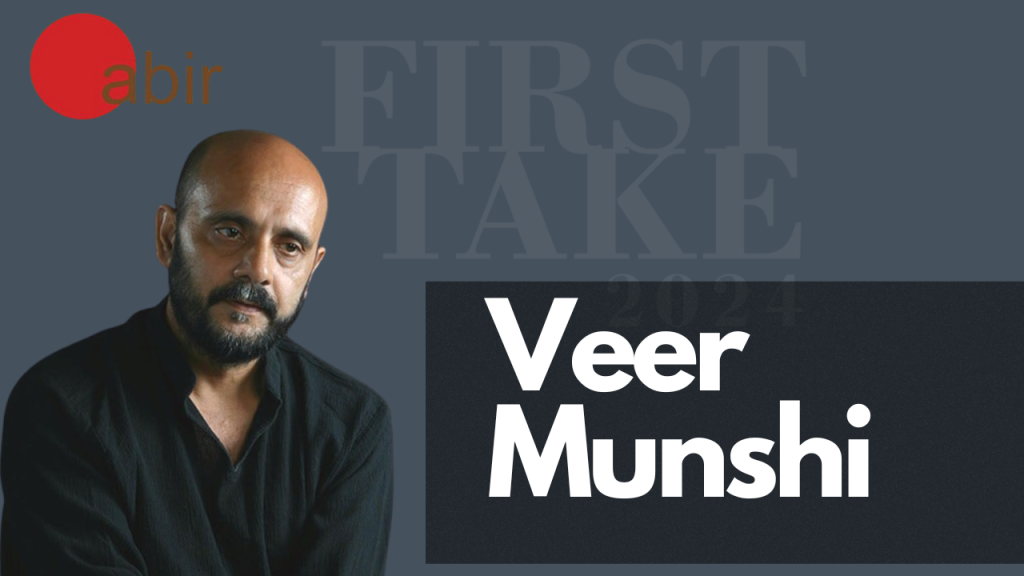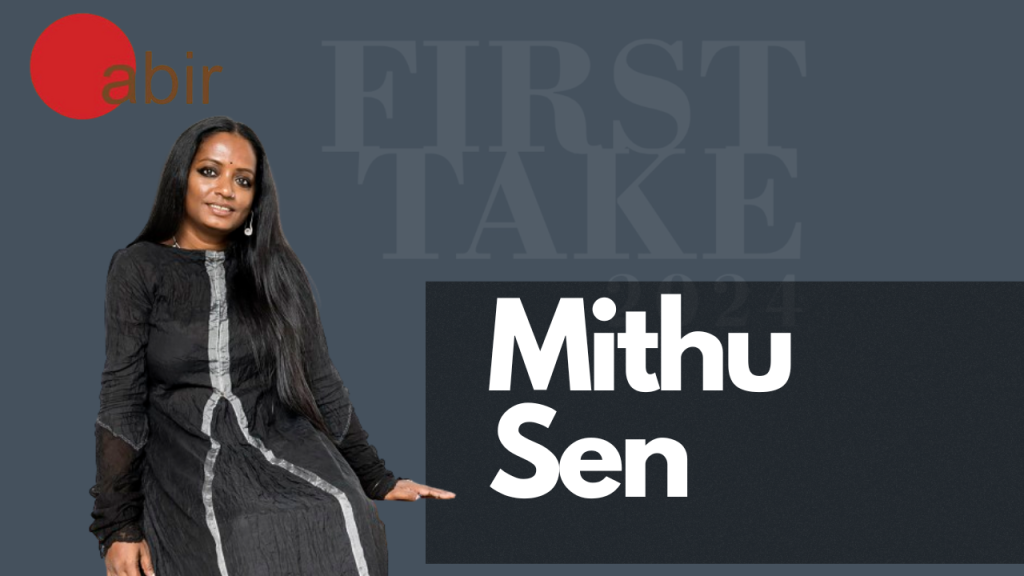Manish Pushkale, a distinguished member of the jury for Abir India First Take 2024, brings a unique perspective to the evaluation process, deeply rooted in his passion for observing the latest developments across artistic fields. With a keen interest in visual art, performing art, and literature, Pushkale values the fresh perspectives offered by younger artists, seeing them as a raw and contemporary reflection of their immediate surroundings and society.
Manish Pushkale finds it fascinating to be part of this jury, as he is always eager to observe the latest developments in the youngest generation across various artistic fields—be it visual art, performing art, or literature. He believes that the fresh perspectives offered by younger artists provide a contemporary and raw reflection of the immediate surroundings and the society in which they live.
Pushkale acknowledges that his position between the senior and younger generations adds a layer of sensitivity to his role. This dual perspective requires a balance between respecting the past and showing genuine interest in emerging art forms and new tensions within the artistic landscape. He emphasizes the importance of understanding these evolving dynamics, particularly in a country as complex as India, where each state operates almost like a separate entity. India’s pluralistic nature, reflected in its linguistic, cultural, and socio-economic diversity, sets it apart from much of the world. Given this complexity, Pushkale holds high expectations for the younger generation of artists.
Recalling his own youth, Pushkale notes that the struggles and confusions of that period are still vivid in his memory. He reflects on the challenges of navigating the information age and finding one’s artistic voice. In his role on the jury, he has seen works from artists across nearly all states, and he finds it intriguing to see how these artists engage with their local contexts. He questions whether the artists are truly rooted in their local environments or if their work reflects broader, often metaphysical migrations.
Pushkale believes that these migrations—both physical and metaphysical—play a significant role in shaping creative expression. He sees visual art as being fundamentally about images and values how artists maintain the visual integrity of their work amidst various influencing factors. He is particularly interested in how the unique qualities of each artist’s time and context contribute to the contemporary nature of their work.
The art world has undergone significant transformation, becoming more open and expansive. Pushkale’s own journey into art was unconventional; he entered the field as an autodidact with a background in geology. Today, art school attendance has become trendy, with many enrolling without a deep understanding of art. Pushkale’s commitment to art was driven by a personal passion—comparable to a love affair that compels one to abandon everything else. For him, this enduring passion is what truly matters.
In an era where satisfaction is readily available, Pushkale views art as a pursuit of continuous challenge and renewal. He believes that art is about striving for new goals and keeping the creative fire alive, rather than settling for the status quo. He acknowledges the difficulty of predicting how long this drive will last at a young age, but he likens art to a biometric scan—it reveals not just physical attributes but also intangible aspects of one’s being. Through art, one can gain insight into who they are, including their depths and superficialities, whether honest or not.





